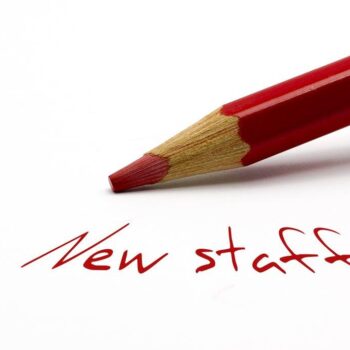
How to manage conflict resolution
- On 15 February 2015
- Posted by Chantal Mariotti
It is important to train your managers on how to manage conflict! In a busy or hectic work environment, conflict is inevitable. Unfortunately, conflict between co-workers can also hinder productivity and can create a tense working environment for everyone. By providing professional coaching in conflict management, managers can better understand how to handle and deal with conflict in a way that is both productive and helpful to resolving the underlying issues.
To ensure a productive workforce, conflict should be resolved as soon as possible. It should never be assumed that a conflict between employees will simply “blow over” or resolve itself. Instead, proper conflict management strategies should be employed to resolve the conflict as quickly as possible. When conflict arises between employees, it can affect the entire workforce. This can result in a sharp decrease in productivity and can also result in employees who do not feel happy or comfortable in their working environment.
Unresolved conflicts can create bad feelings and become worse over time. When one employee is frustrated or upset with another, everything that they do can feel like an irritant. This mentality can spread to other employees who inadvertently get caught in the crossfire or who are subject to gossip on the subject of the conflict. This can quickly polarize your workforce, and it can spell disaster for productivity and morale alike.
Train your managers, and all new managers, as soon as possible. The best form of conflict resolution is direct action. This means that every member of your management team should know how to effectively handle conflicts between employees. If there is a conflict between an employee and a member of management, it is a good idea to have another member of management intervene and act as a neutral third party to help resolve the issue. If your company has a human resources professional, all such matters should be handled by your HR department.
Make sure you have an open door policy so employees can share issues as they arise. Conflict isn’t always apparent, and it is not uncommon for an employee to keep frustrations to him or herself. Make it clear that you are always willing to listen to complaints and conflicts and make it clear that there are no repercussions for an employee exercising that right. By allowing your workers a safe place to vent their conflicts, you help ensure that there are no unresolved issues between co-workers while also giving yourself the chance to solve any problems that could result in larger issues down the road.
Call us at (818) 845-5584 or email us at info@executivehrconsulting.com to learn more about conflict resolution training.


